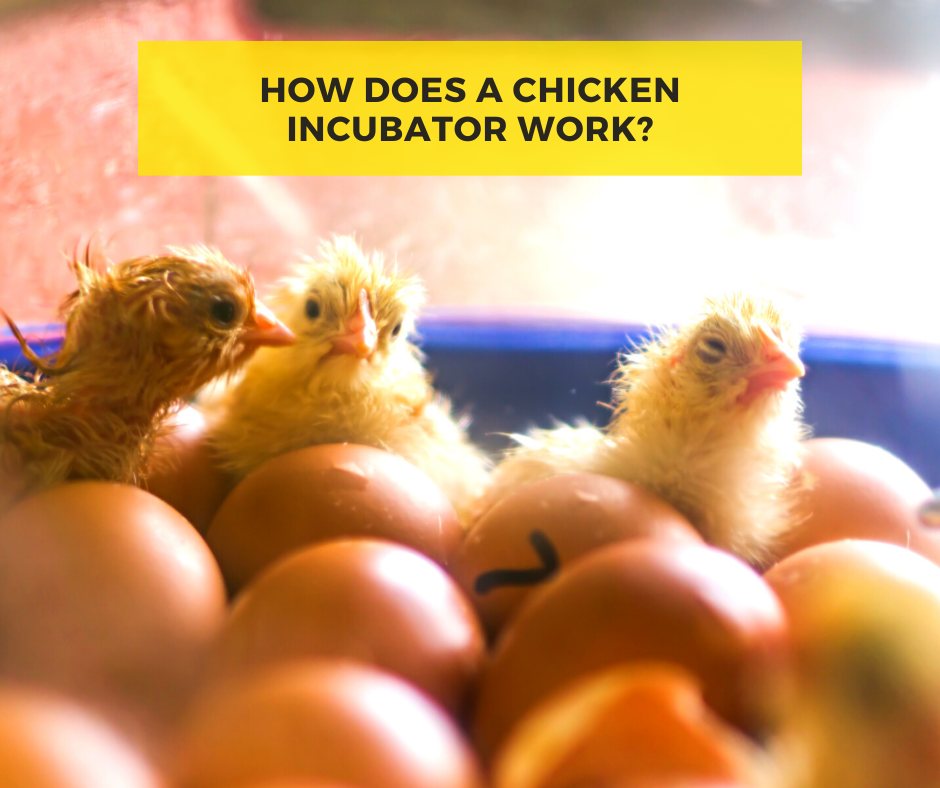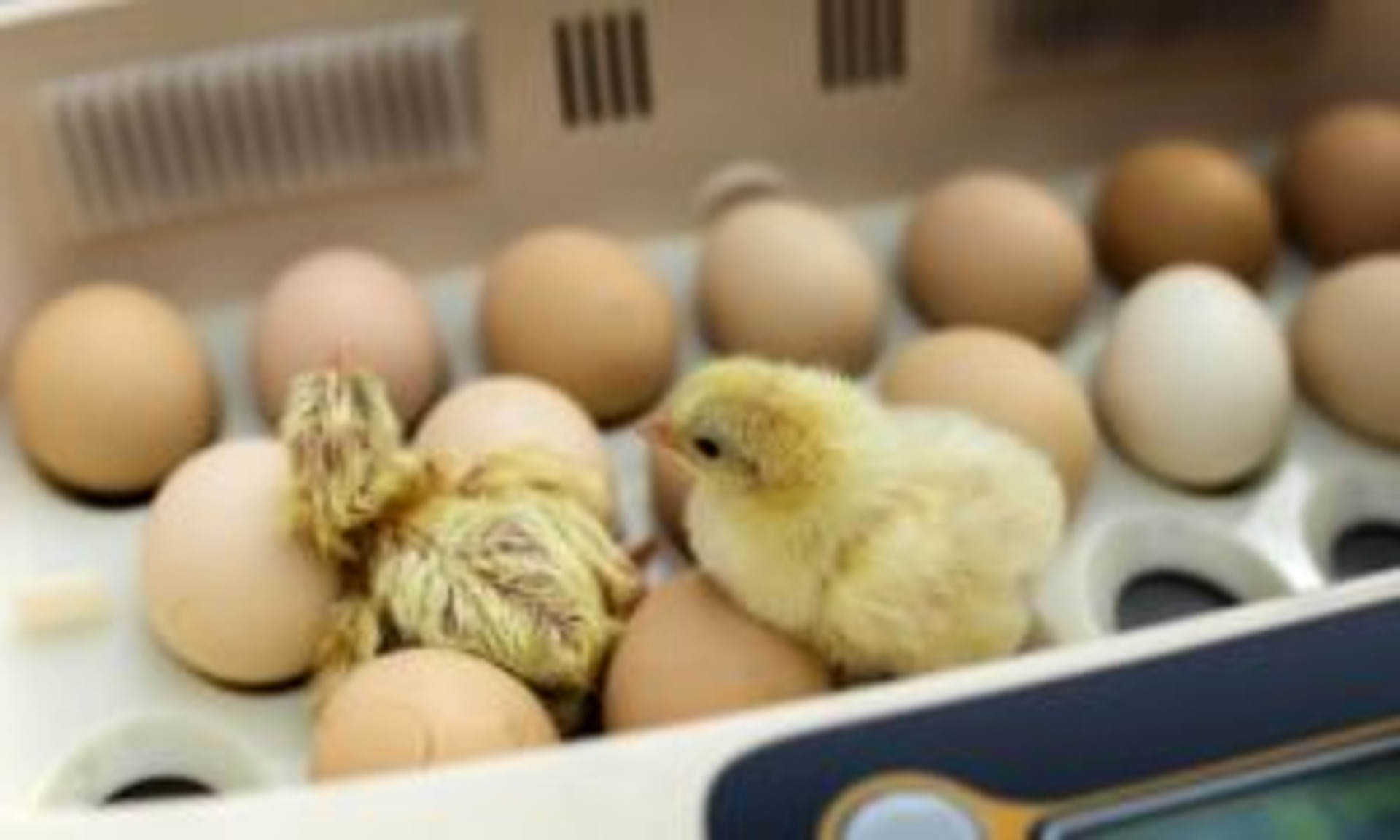How Does a Chicken Incubator Work?
When a hen lays, cares for, and hatches her eggs, instinct tells her exactly what to do. From keeping the chicken eggs warm with her own body heat to adjusting them throughout the day so that they lay just right, a hen knows exactly what to do with her soon-to-be chicks.
Unfortunately, a mother hen isn’t always there to take care of her eggs, so the responsibility of safely hatching them falls to the farmers. When this happens, farmers rely on incubators to see the eggs safely through the hatching process.
So, how does an incubator work? An incubator provides a controlled environment, ensuring the right temperature, humidity, and ventilation for the eggs to develop and hatch. With these settings in place, the likelihood of a successful hatch increases.
How does a chicken incubator work, and what does it need to keep the eggs healthy? This process showcases the incredible blend of nature and technology coming together to bring new life into the world.

TEMPERATURE CONTROL
One of the most important aspects of incubating eggs and understanding how a chicken incubator works is temperature control. Chicken eggs are extremely sensitive to temperature, so an incubator keeps them safe by maintaining them at the precise, ideal temperature: 99.5 degrees Fahrenheit.
If you keep hatching eggs at a temperature that’s too high or too low, the embryo inside will die. Even slight temperature changes that aren’t enough to kill the chick can negatively affect the hatch time and result in weak birds that are more prone to disease.
HUMIDITY CONTROL
Humidity control is another crucial factor in the successful development of hatching eggs. Along with the temperature, incubators control the humidity so that the eggs don’t lose too much moisture.
The ideal level of humidity will change depending on the type of eggs you are incubating as well as what stage of the hatching process you’re in. During the last few days before hatching, the eggs need higher levels of humidity than during the rest of the incubating period.
It’s important to keep a close eye on the humidity levels in your incubator and make sure your water source doesn’t deplete and dry out the eggs.
AIR CIRCULATION
Like most living things, chicken eggs, especially fertilized eggs, need fresh oxygen to grow and survive. The porous shells of the eggs breathe in oxygen and dispel carbon dioxide, so proper air circulation is a necessity for incubators.
Due to the controlled temperature and humidity inside a closed incubator limiting the natural flow of oxygen, incubators need ventilation systems to provide the eggs with plenty of fresh air.
By providing a warm and secure home for the eggs, incubators replicate the care a mother hen would normally give. Proper temperature, humidity, and air circulation lead to a healthy group of chicks—and from there, it’s on to thechicken brooder as the newest members of your flock start their journeys to adulthood.

